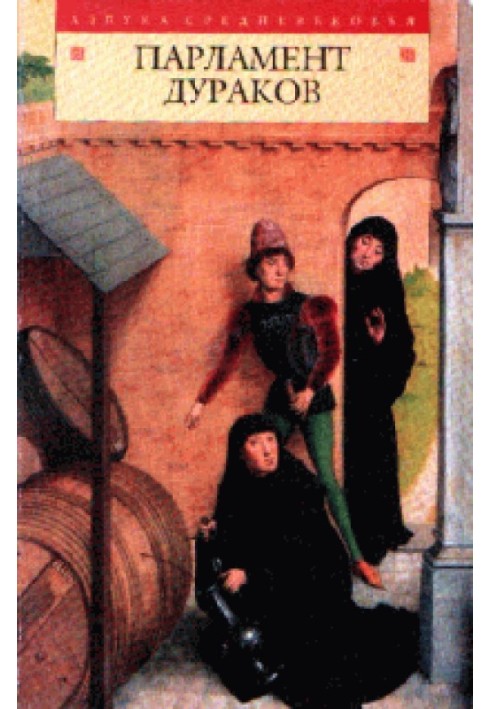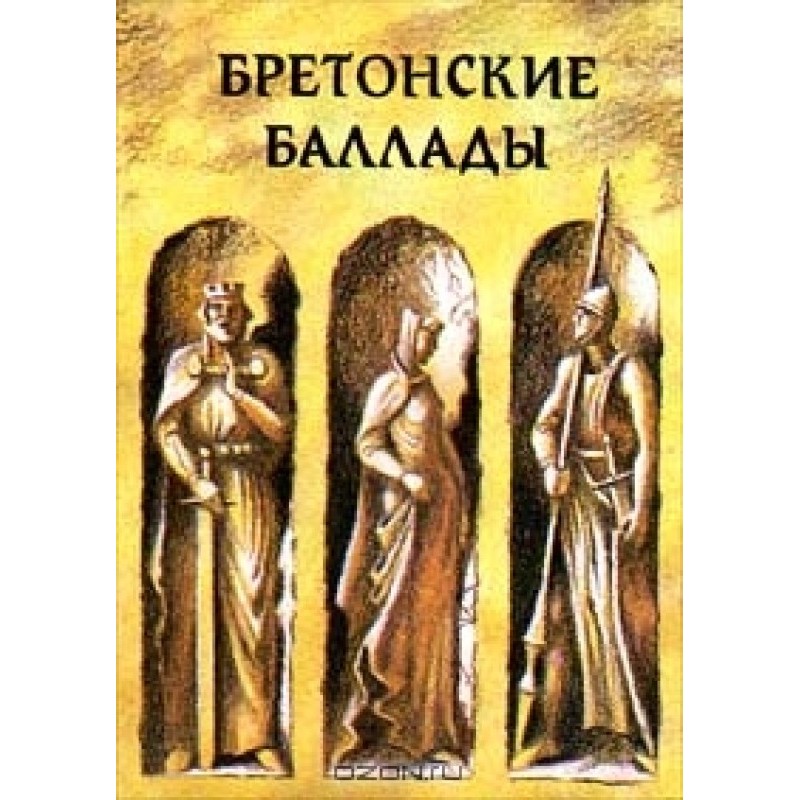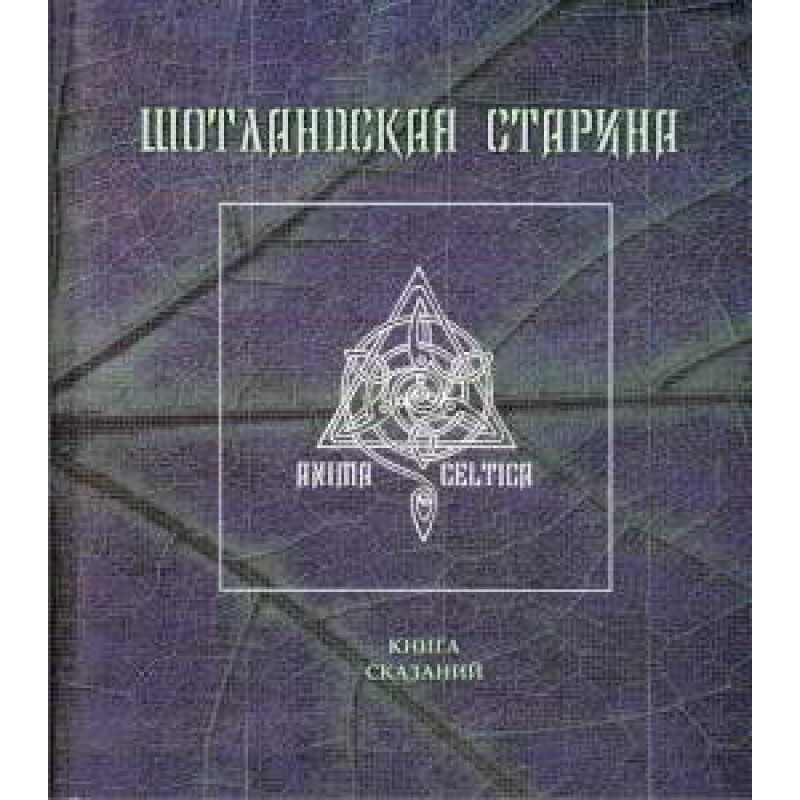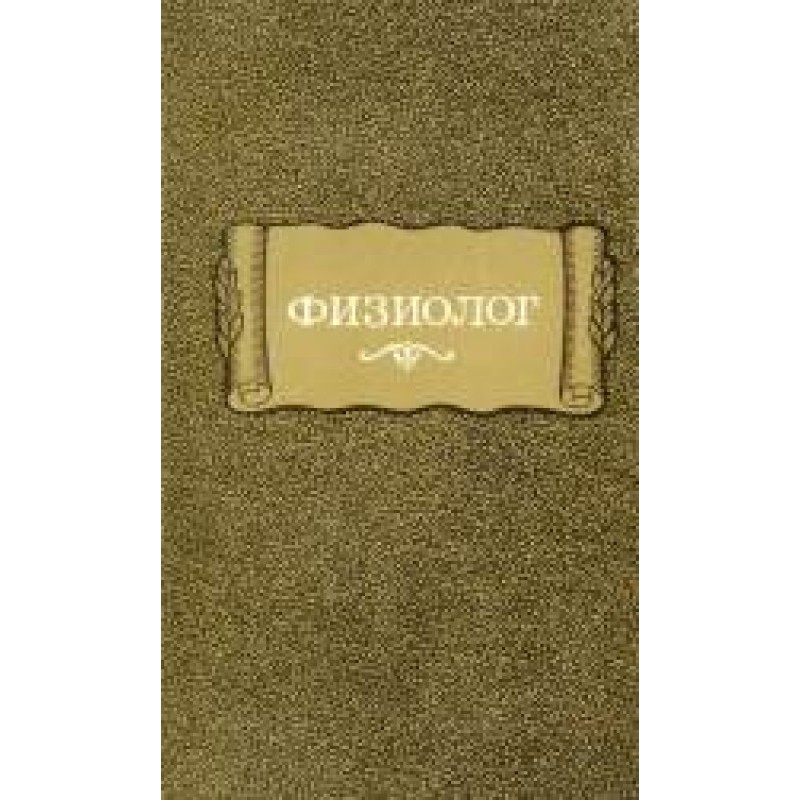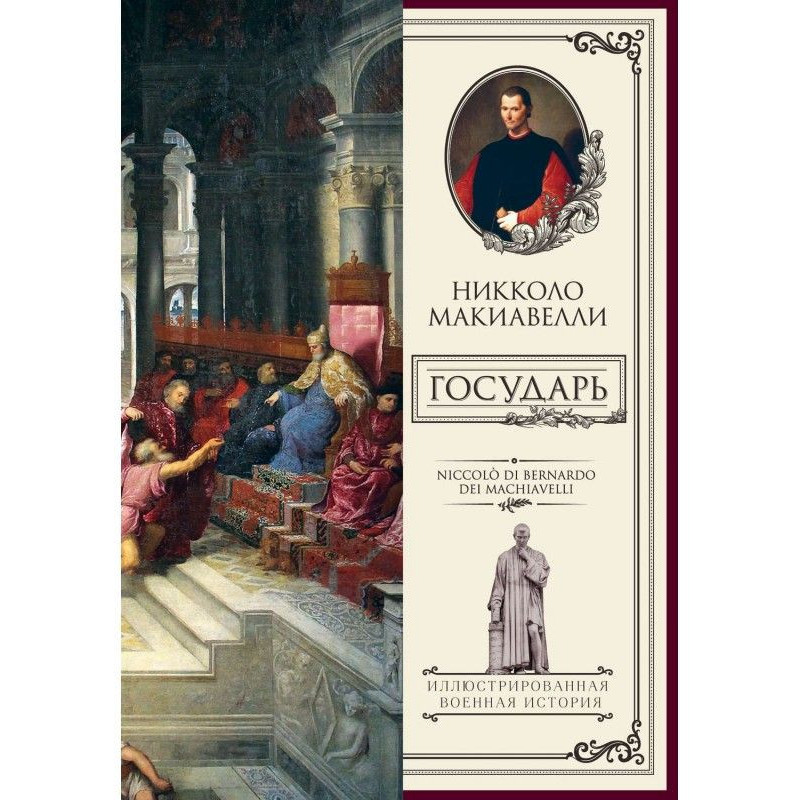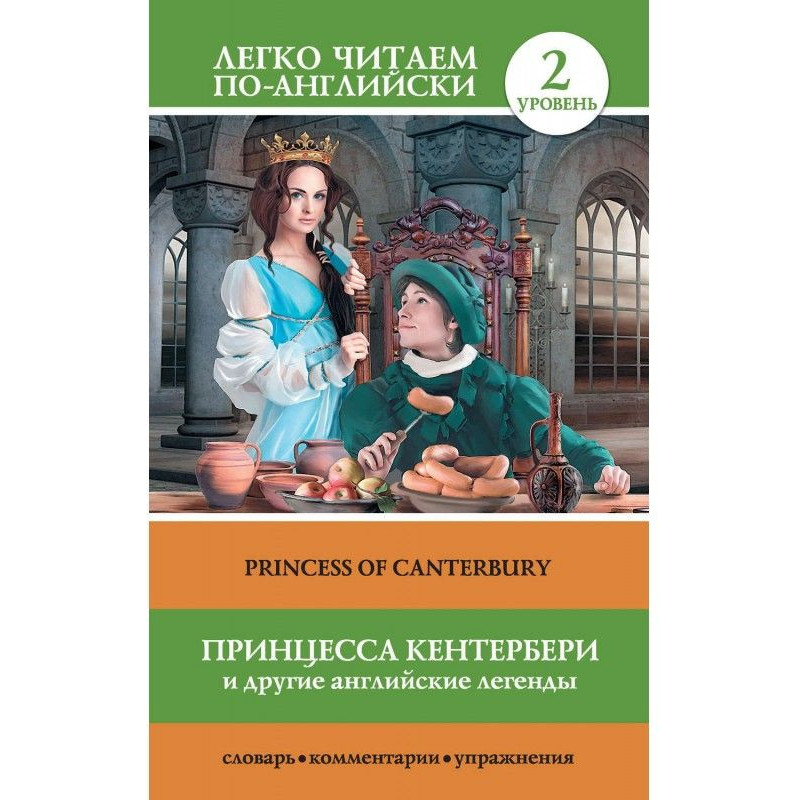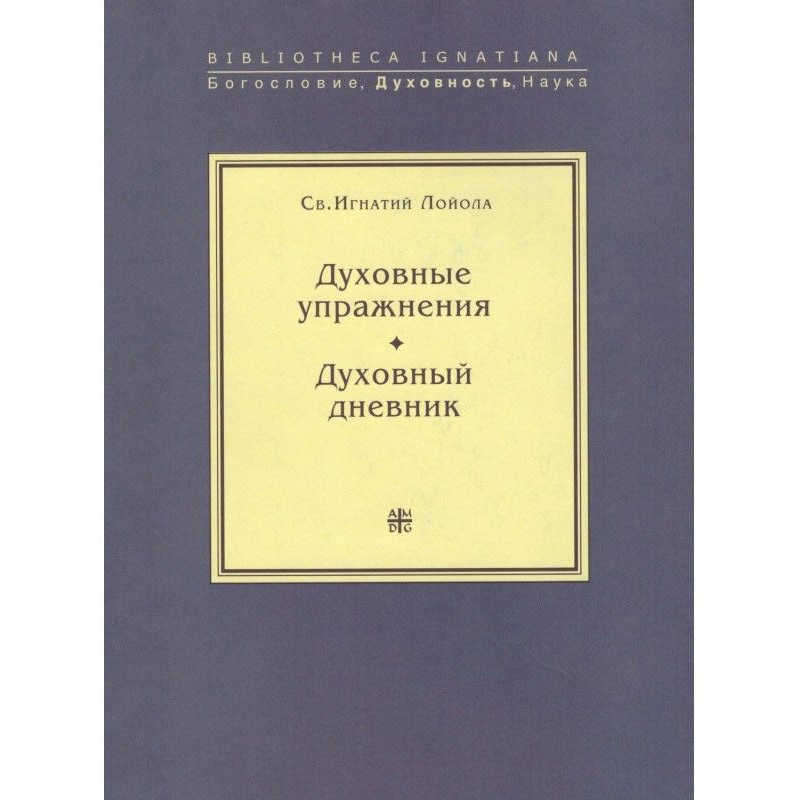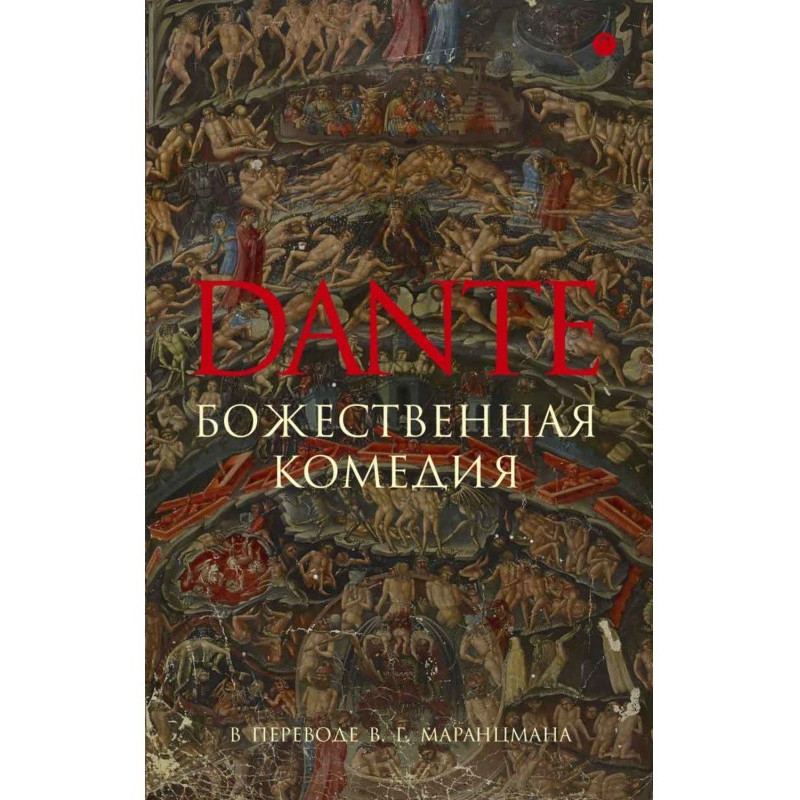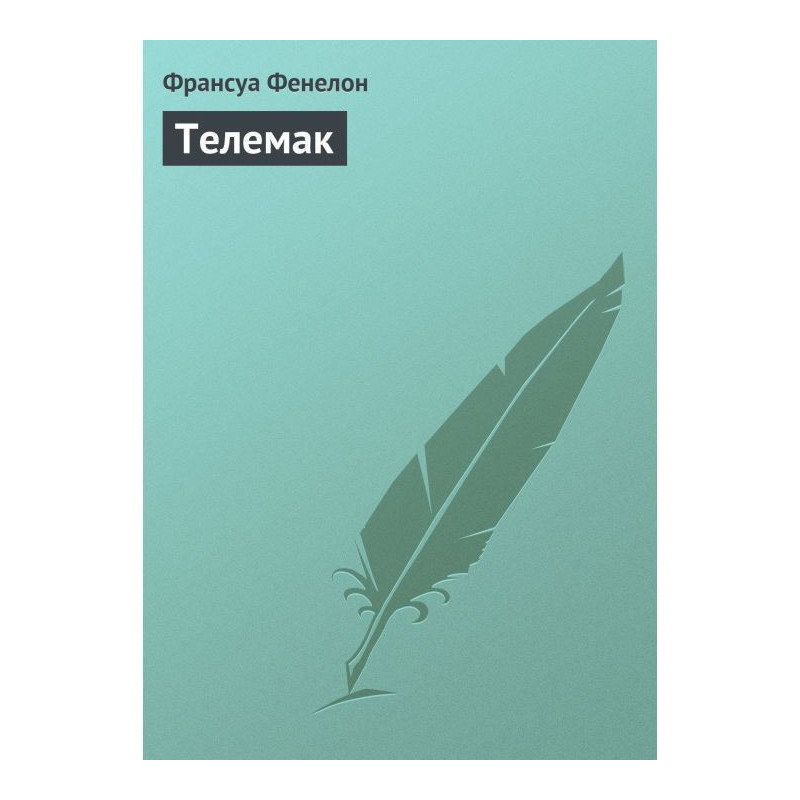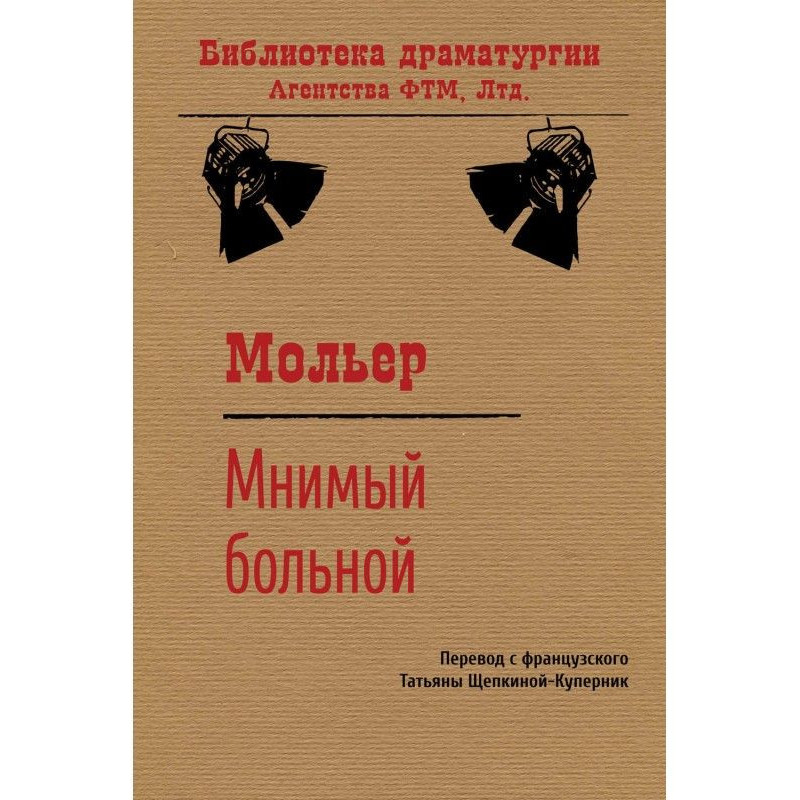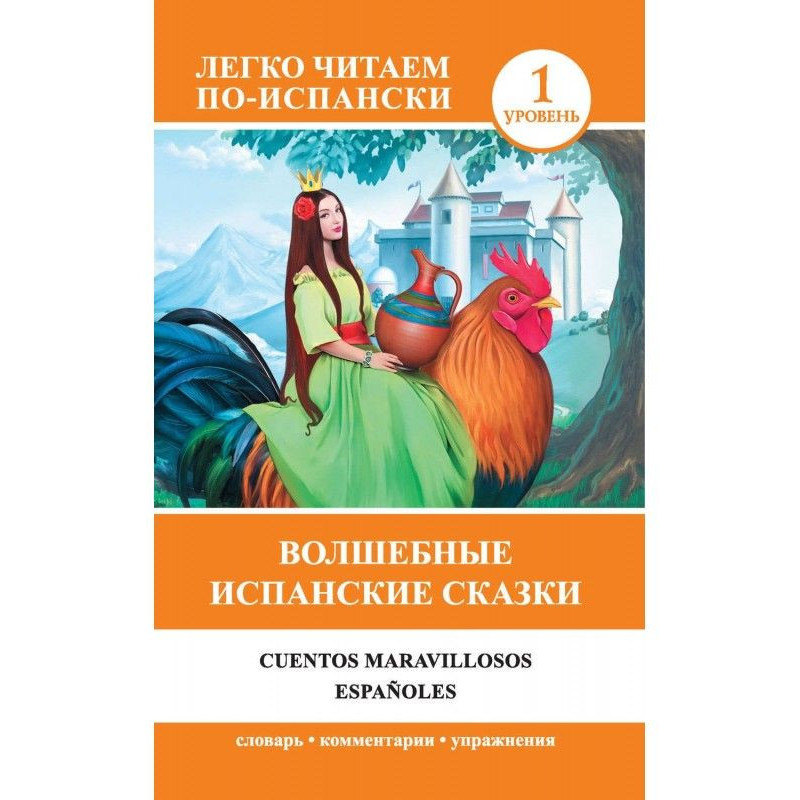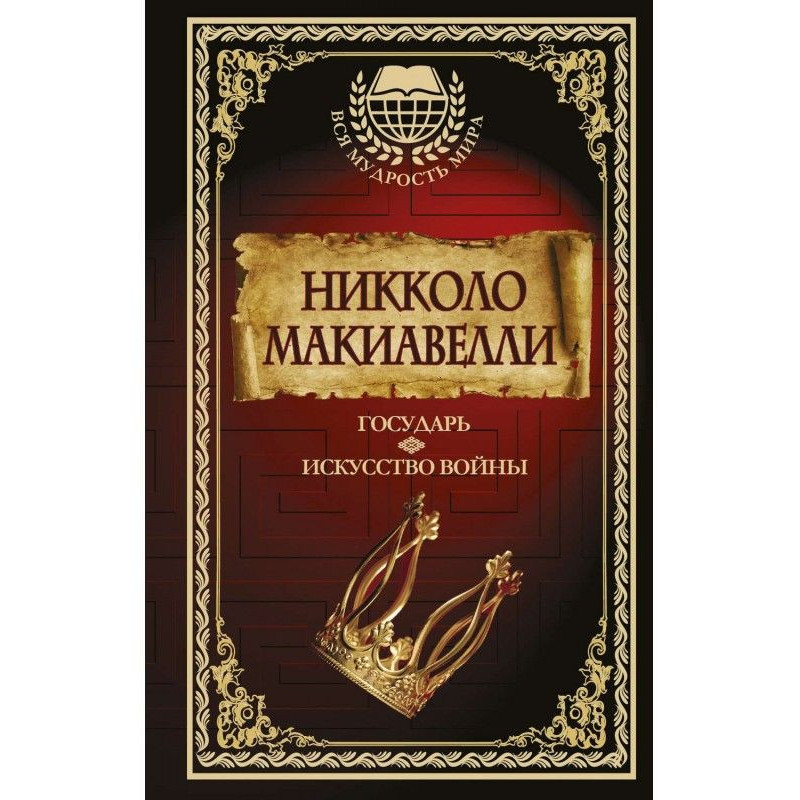Parliament of Fools
 Instant download
Instant download
after payment (24/7)
 Wide range of formats
Wide range of formats
(for all gadgets)
 Full book
Full book
(including for Apple and Android)
“Poor Yorick!.. Where are your jokes? Where are your jokes? - exclaimed Shakespeare, remembering the sparkling humor of Sommers and Tarleton, the jesters of Henry VIII and Elizabeth Tudor. Is it possible to make stupidity your craft? Of course, yes, already in the 12th century the Feast of Fools appeared: despite strict church prohibitions, every year on January 1 people walked on their heads, burned old soles in censers, played dice on the altar, did all sorts of crazy things and got drunk in the evening until they passed out. Some fooled around on the city streets, others had fun right on the battlefields, and others made the walls of fortresses and castles shake with laughter. Monks and bishops reproached jesters, ridiculed knights used weapons, and pages were nailed by the ear to a post, but at the royal court, witty artisans felt permissiveness and impunity - such was the medieval “glasnost”: a fool was trusted more than the first of the ministers. If you want to know what a man of the Middle Ages really laughed at, look into this book and you will discover how Marcolf's jokes and pranks left King Solomon a fool, and Jack from Dover went across England to look for the most outstanding fool. The book brings together the best stories about jesters of the era The Middle Ages, starting from the legendary Marcolf, who dared to expose King Solomon to ridicule, to William Sommers, who pestered Henry VII, Bluebeard on the English throne, with his witticisms. Just as stupidity has many faces, so are the works that come under one cover: an entertaining story from the times of the Crusades, examples of court jokes from the 15th to 17th centuries, a collection of short stories about the search for the stupidest man in all of England, a stupid charter of a gathering of poor poets, an exposing treatise on cheaters playing dice, and, finally, a parody of an astrological almanac - a true panopticon of masks and characters.
Data sheet
- Name of the Author
- Автор Неизвестен Европейская старинная литература --
- Language
- Russian
- Translator
- Любовь Шведова
Николай Сергеевич Горелов
Reviews
Неперевершене дослідження середньовічного гумору!
Книга "Парламент дурнів" - це справжня знахідка для всіх, хто цікавиться історією, культурою та гумором Середньовіччя. Автор майстерно зібрав різноманітні твори, які ілюструють, як сміх і дурість були важливими складовими життя людей у той час. Читач має можливість зануритися в атмосферу Свята дурнів, де безумство і дотепність переплітаються у незабутні історії про шутів, блазнів та їхні витівки. Кожен розділ книги - це новий світ, наповнений веселими анекдотами та дотепами, які не лише розважають, але й змушують задуматися про людську природу. Я вважаю, що ця книга повинна бути в бібліотеці кожного, хто цінує іскрометний гумор і хоче дізнатися більше про те, як сміх допомагав людям долати труднощі і викривати соціальні недоліки. Рекомендую всім, хто хоче відчути дух епохи і насолодитися чудовими історіями!

